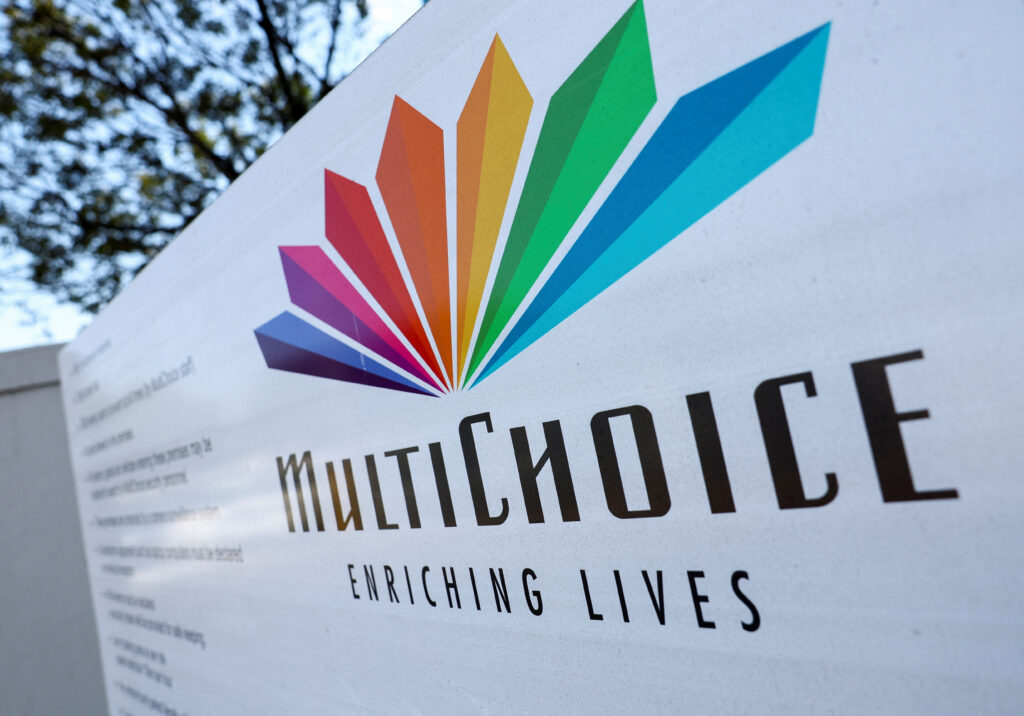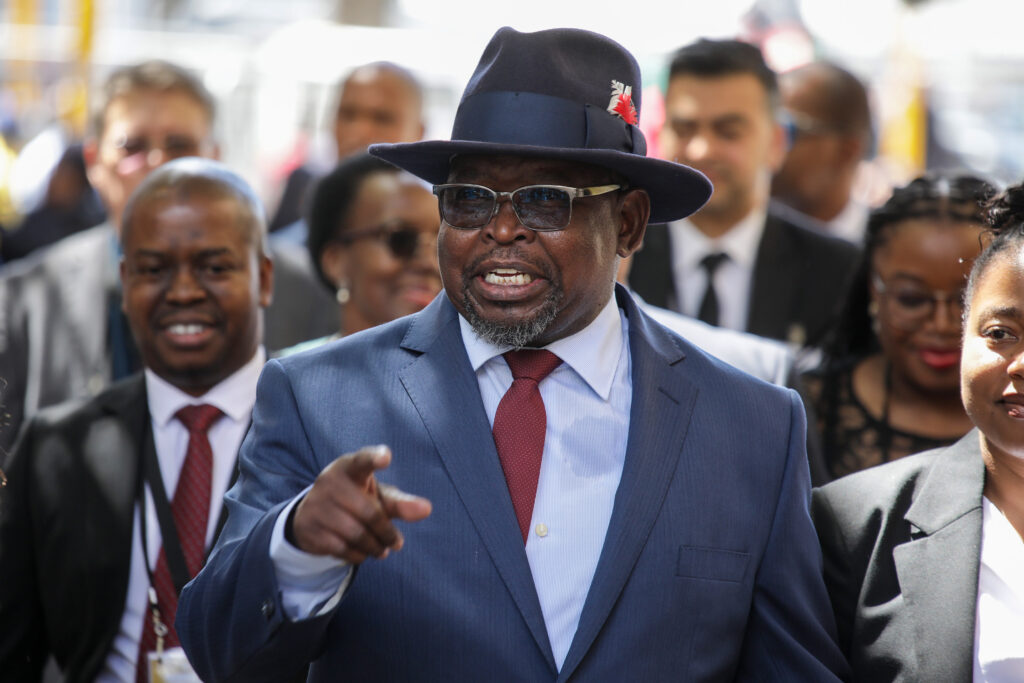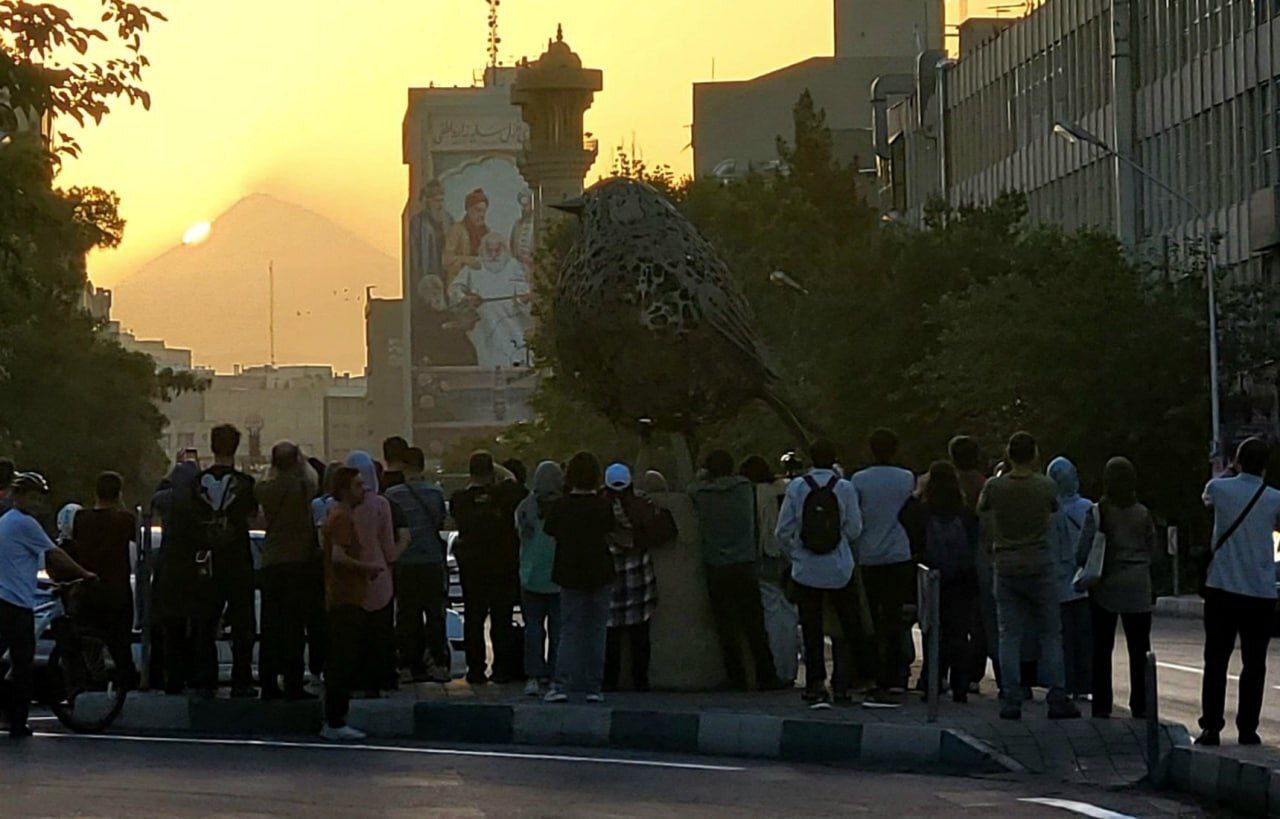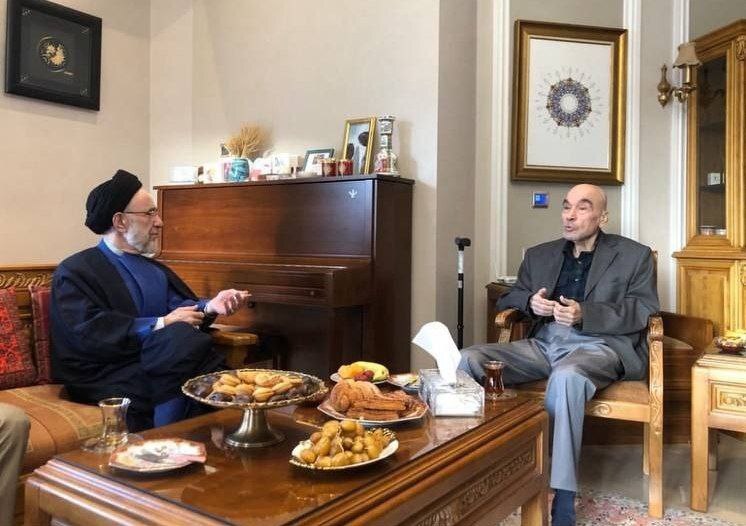Oko Finance, a Morgan Stanley-backed startup providing disaster insurance to farmers in Africa, was on track to become profitable this year — until US President Donald Trump’s funding cuts gutted its biggest customer.
The US Agency for International Development accounted for almost 75% of Oko Finance’s revenue. Trump’s decision to cut almost all overseas funding forced the startup to let go of 126 contractual workers in Mali and reduce staff on USAID projects, according to chief executive officer Simon Schwall.
ADVERTISEMENT
CONTINUE READING BELOW
Elsewhere, a grant worth $1.5 million to BasiGo, a Kenyan provider of e-buses, evaporated. The startup managed to get just a quarter of the amount for a Rwanda project.
The upheaval has rattled investors, particularly because African startups have historically relied on more support from USAID than their counterparts in other regions. US venture capital has also played a dominant role: prior to Trump’s inauguration, more than a third of the funding received by 39 startups surveyed by Bloomberg came from American sources.
With that pipeline now uncertain, founders are seeking to diversify their investor base, turning to asset managers in the Middle East, Europe, China, and across Africa.
The Gulf and Asia, in particular are “becoming quite interesting,” said David Saunders, director at researcher Briter Bridges Ltd. A lot of venture capital funds “are going there to try and replace the role that the US was playing.”
For instance, Oko Finance, which is currently raising $500 000 to bridge the gap left by USAID — doesn’t have a single US investor in its latest round.
The rise of African investors is a bright spot amid the gloom. While about 34% of the investors in the Bloomberg survey were from the US, nearly 46% were African fund managers.
The investor profile has changed in the past few years from 80% originating outside Africa to 60% now, said Abi Mustapha-Maduakor, CEO of the African Private Capital Association. “It is definitely an opportunity to look at Africa’s capital mobilisation or an opportunity for a local pool of capital to replace the capital gap,” she said.
Still, the demise of USAID “shocked the ecosystem,” said Moulaye Tabouré, co-founder of Ivory Coast e-commerce startup Anka, which is backed by Alibaba Group Holding Ltd. Chairman Joe Tsai’s foundation. “We are yet to see all the impact. We will also see a loss of customers.”
USAID had been offering grants and investing in startups focused on agriculture, health, agro-processing and hospitality in Africa. About $1 billion of funding for companies in six countries on the continent has ended, Business Insider Africa reported last month, while Gates Foundation-backed Investing in Innovation Africa cut by more than half the startups it planned to support.
To be sure, funding for Africa startups was dropping even before Trump took over as US president. Venture capital funding for startups plunged 22% in 2024 to $3.6 billion, after reaching a record in 2022, according to the African Private Capital Association. Finding new investors may take time.
ADVERTISEMENT:
CONTINUE READING BELOW
“It’s understandable to see more involvement” from Middle Eastern players, said Owusu Akoto, founder of Ghana-based startup FreezeLink, which provides cold-chain solutions. “But the relationships always need to be there first before the investment comes. At Freezelink, we don’t have relationships with investors in the Middle East or China, he said.
Finding a diverse set of investors is vital for economic growth and job creation in the continent. African startups have helped bridge infrastructural deficiencies — such as make payment systems accessible in remote locations — lured investment and created jobs.
Bloomberg surveyed 147 startups in Africa — employing about 5 000 people — before Trump’s inauguration as US president. The firms said they were in the market to raise a total of about $270 million.
“With African startups, you are usually investing in a business that is giving someone access to energy in different ways, or financial services, or markets,” said Briter Bridges’ Sauders. “It’s not investing in social media companies, its making services more accessible and affordable for users so, the impact is there.”
Increasing the ability of investors on the continent to fund the startups will help support companies such as Oko Finance, which now targets becoming profitable by 2027, and plans a Series A fundraising of about $5 million. It’s also changing its strategy to reduce dependence on government projects and will instead work with the private sector.
Oko Finance is working with companies such as Heineken NV to provide insurance to farmers the company partners with, Schwall said.
“With insurance embedded into the financing models, it’s a much safer business model for us that doesn’t depend on politics or donor funding,” he said.
© 2025 Bloomberg
Follow Moneyweb’s in-depth finance and business news on WhatsApp here.

 4 days ago
1
4 days ago
1























 English (US) ·
English (US) ·